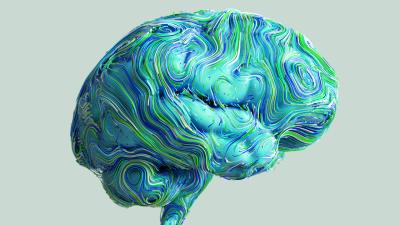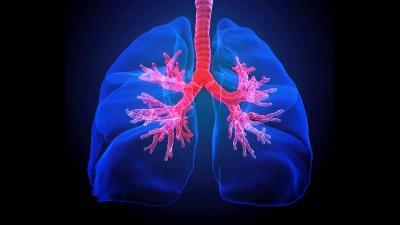Physicians Committee Urges NIMH to End Outdated Animal Testing Practices

The Physicians Committee for Responsible Medicine has submitted a formal comment to the National Institute of Mental Health (NIMH) advisory council, urging the institute to end its support for unreliable and harmful animal experiments that other countries already have banned.
The Physicians Committee is continuing its efforts to end federal support for the forced swim test (FST) and tail suspension test (TST), both of which have been widely criticized scientifically and ethically. In these experiments, animals are placed into extremely stressful, inescapable conditions, as researchers watch them struggle to get free. In the FST, the animals are forced to swim in a container of water, while in the TST, they are taped upside down by their tails. In both tests, the animals are observed until they give up. It is assumed that if an animal spends more time immobile, having given up on escape, it is “depressed,” and researchers presume this to be an adequate stand-in for human depression. The scientific community has broadly condemned these tests as invalid, prompting leading agencies in the United Kingdom and Australia to prohibit their use as models of human depression or anxiety.
A recent survey conducted by the Physicians Committee asked why researchers who continue to use the widely discredited FST do so. The most common reason was simple convenience, while only a few responders—just 15%—listed the test’s reliability as a reason for using it. We have shared these and other results from our survey with the National Advisory Council on Mental Health (NAMHC), which advises the NIMH on mental health research policies and priorities. Additionally, we requested that the NIMH prohibit future funding for the FST as well as the TST.
The Physicians Committee has repeated its request that the NIMH end its support for the FST and TST, which would align its actions with the National Institutes of Health initiative announced in April to transition federal research toward modern, human-relevant methods. We continue to highlight cutting-edge approaches that the institute can direct its funding toward as a means of advancing reliable mental health research, such as advanced brain imaging studies, computational modeling, and brain organoids.
The Physicians Committee will continue its engagement with the NIMH on this issue until policies are in place to prevent the continued use of these unethical and unscientific experiments. This is one component of our larger effort to provide meaningful, practical steps that can be taken now to expedite a systemic shift toward ethical, modern science at NIMH and other agencies. This transition will benefit not just the animals spared from suffering and death, but also human health, as unreliable and wasteful procedures are abandoned.







